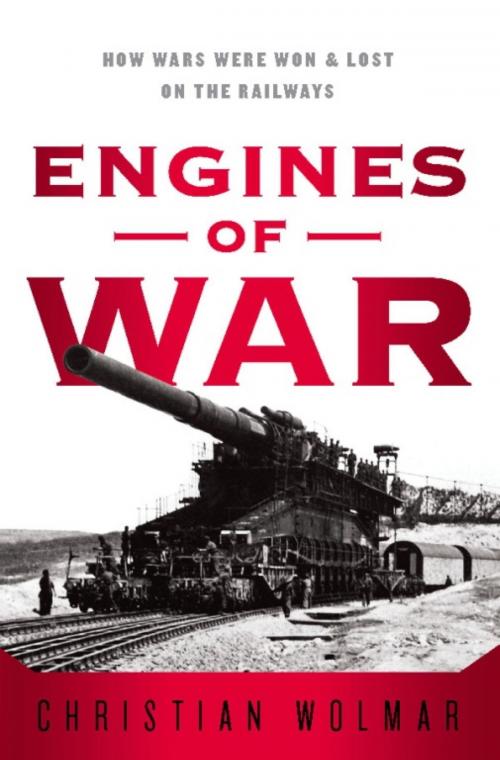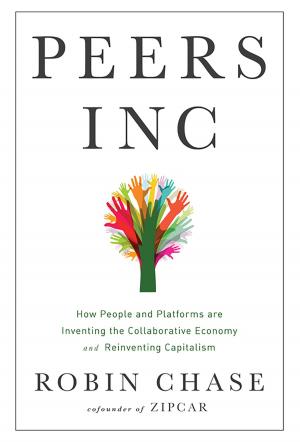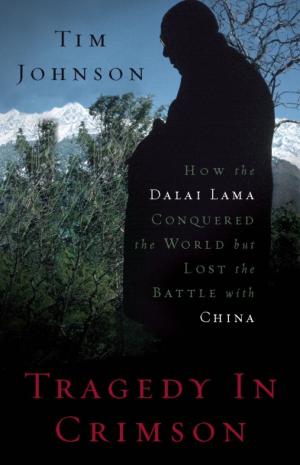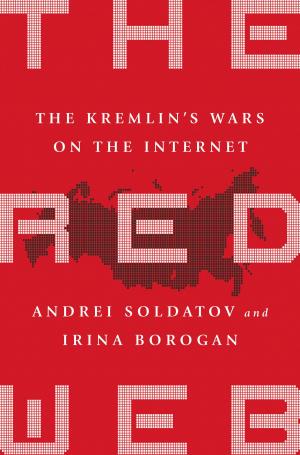Engines of War
How Wars Were Won & Lost on the Railways
Nonfiction, Reference & Language, Transportation, Railroads, History, Military| Author: | Christian Wolmar | ISBN: | 9781586489724 |
| Publisher: | PublicAffairs | Publication: | November 2, 2010 |
| Imprint: | PublicAffairs | Language: | English |
| Author: | Christian Wolmar |
| ISBN: | 9781586489724 |
| Publisher: | PublicAffairs |
| Publication: | November 2, 2010 |
| Imprint: | PublicAffairs |
| Language: | English |
Before the nineteenth century, armies had to rely on slow and unreliable methods of transportation to move soldiers and equipment during times of conflict. But with the birth of the railroad in the early 1830s, the way wars were fought would change forever.
In Engines of War, renowned expert Christian Wolmar tells the story of that transformation, examining all the engagements in which railways played a part from the Crimean War and American Civil War through both world wars, the Korean War, and the Cold War with its mysterious missile trains. He shows that the 'iron road' not only made armies far more mobile, but also greatly increased the scale and power of available weaponry. Wars began to be fought across wider fronts and over longer timescales, with far deadlier consequences.
From armored engines with their swiveling guns to track sabotage by way of dynamite, railway lines constructed across frozen Siberian lakes and a Boer war ambush involving Winston Churchill, Engines of War shows how the railways - a fantastic generator of wealth in peacetime - became a weapon of war exploited to the full by governments across the world.
Before the nineteenth century, armies had to rely on slow and unreliable methods of transportation to move soldiers and equipment during times of conflict. But with the birth of the railroad in the early 1830s, the way wars were fought would change forever.
In Engines of War, renowned expert Christian Wolmar tells the story of that transformation, examining all the engagements in which railways played a part from the Crimean War and American Civil War through both world wars, the Korean War, and the Cold War with its mysterious missile trains. He shows that the 'iron road' not only made armies far more mobile, but also greatly increased the scale and power of available weaponry. Wars began to be fought across wider fronts and over longer timescales, with far deadlier consequences.
From armored engines with their swiveling guns to track sabotage by way of dynamite, railway lines constructed across frozen Siberian lakes and a Boer war ambush involving Winston Churchill, Engines of War shows how the railways - a fantastic generator of wealth in peacetime - became a weapon of war exploited to the full by governments across the world.















